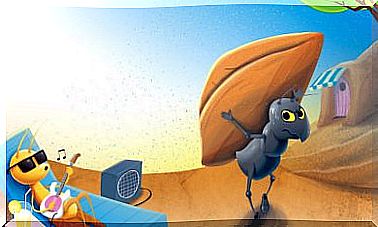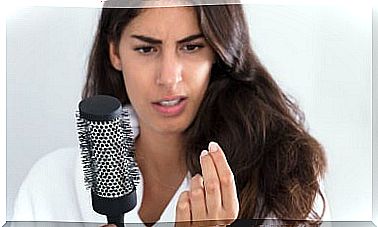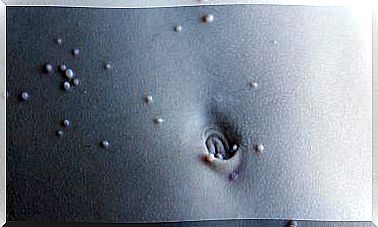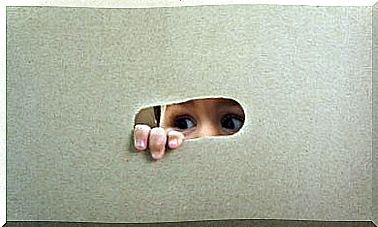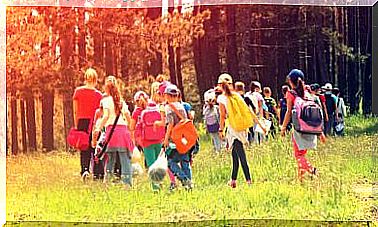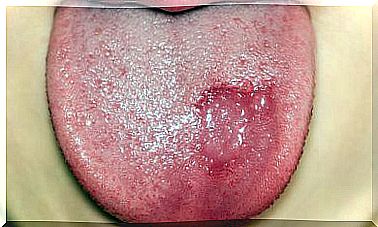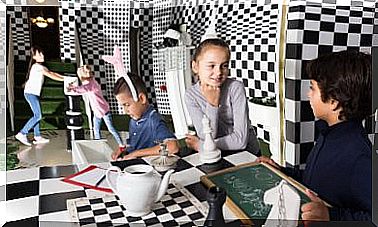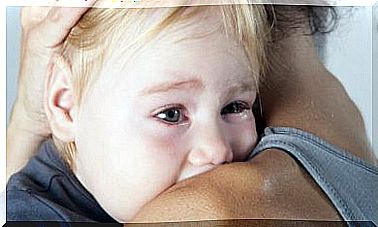How Much Water Does Your Baby Need To Drink?
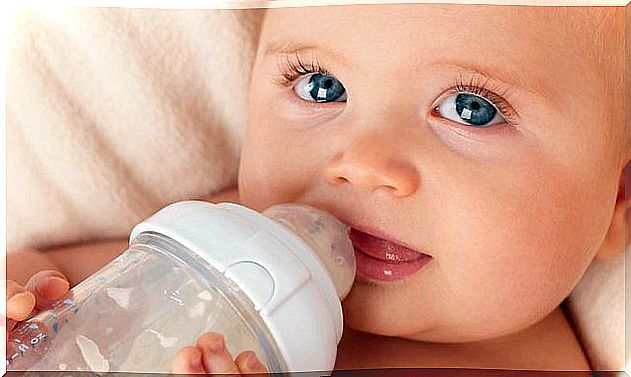
The answer to the question how much water does my baby need to drink? It varies according to the age of the child. For example, a baby who is exclusively breastfed does not need to drink water since the milk that flows from the mother’s breast contains it, but from six months of age, when the complementary feeding stage begins, he will begin to drink water. in a measure that ranges from 0.6 liters at that age to 2.8 liters in adolescence.
When a baby is exclusively breastfed and on demand, he does not need to drink water unless he has unexpectedly lost fluids due to vomiting, diarrhea or high fever ; in this case it is necessary for the baby to drink water to recover the liquid that he has lost.
The recommendation not to offer complementary water also applies to children who drink a properly prepared bottle exclusively and on demand. ; in this case the exceptions are the same as the previous ones: You should only give it water when it has lost fluid unexpectedly.
But the rules change when the child begins to eat foods other than milk, which usually occurs at six months of age, when the baby begins to try other foods through soups, porridges and compotes. At that age and until the first year of life, your baby should drink 0.6 liters of water a day.
The amount of water that the child should drink will increase as he grows, so from the age of two to eight he must drink 1.8 liters of water daily and from the age of nine that measure rises again to 2.5 liters in boys and up to 2.2 liters in girls.
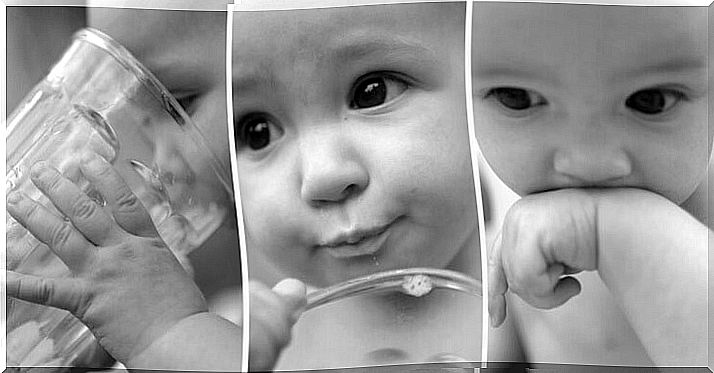
How much water does your child’s body have?
Half of the total weight of a woman’s body is represented by water and in men this proportion is equivalent to two thirds of their total body weight, which constitutes water as the most prominent element of the body of human beings.
It is not for nothing that water is the predominant element in your baby’s body; water has as much preponderance as importance and functions. Water is the medium in which body substances dissolve: blood, lymph, secretions, urine, feces, among others ; It also helps transport the nutrients that your child’s body needs, it also makes them dissolve, digestion occurs and the body absorbs them.
Water is also the substance responsible for the metabolism of all cells and is necessary for proper lubrication of the joints and other tissues. We also need it for the proper elimination of waste products from cells and their metabolism. It is essential to maintain adequate body temperature through complex mechanisms such as evaporation and sweating
For these reasons, it is essential as well as convenient that you pay special attention to the amount of water your baby drinks. In the same way, it is essential to teach him why it is important to take it consistently and methodically during the day, especially when he does physical exercise, when he goes to the school canteen and when he is indoors where it is hot or the heating is on. .
There is another point in favor of your child consuming water as a healthy lifestyle habit strategy: it prevents overweight. There are interesting studies that show how the consumption of this transparent liquid in schools during an entire school year was accompanied by a 31% decrease in the risk of being overweight.
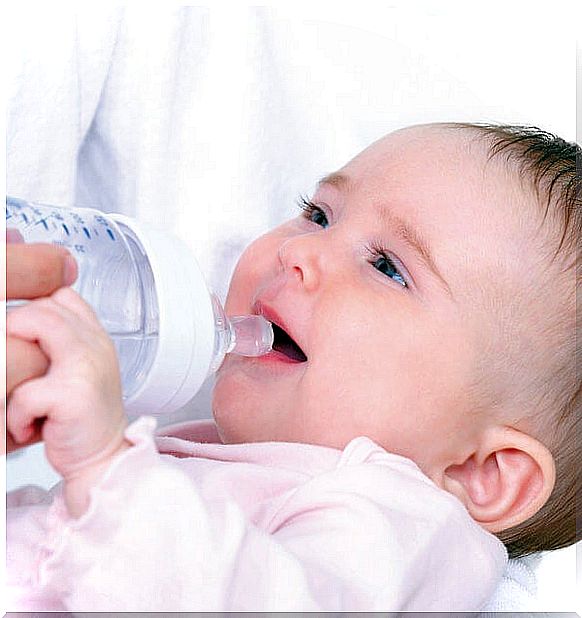
Boil it, yes or no?
For most of us it is a rule of thumb to boil the water that is used to prepare the baby’s bottle and its meals. In fact, classic pediatric texts recommended preparing the bottle with boiled drinking water for five to ten minutes to eliminate the risk of infection.
However, this recommendation can be counterproductive for the health of the baby, since boiling the water for so long can increase the amount of chlorides, sodium, sulfates, calcium or magnesium, depending on the origin of the water.
Thus, boiling water for public consumption in certain populations may involve an excessive ionic contribution, according to the standards of the European Society for Pediatric Gastroenterology, Hepatology and Nutrition (ESPGHAN).
This paradigm shift can be contradictory for many mothers used to hearing the opposite, so it is necessary to know the composition of the water that is boiling or use mineral water, which according to the suggestions of pediatric specialists should not be boiled.
However, you can also be guided by the recommendation of the World Health Organization that advises boiling the water for one minute from when it begins to boil on the surface.
In the Water and Health Research Institute, they emphasize that natural mineral water should be the reference drink for children. That your baby consumes water in adequate quantities, more than important it is vital since every cell of our body needs it to function.

